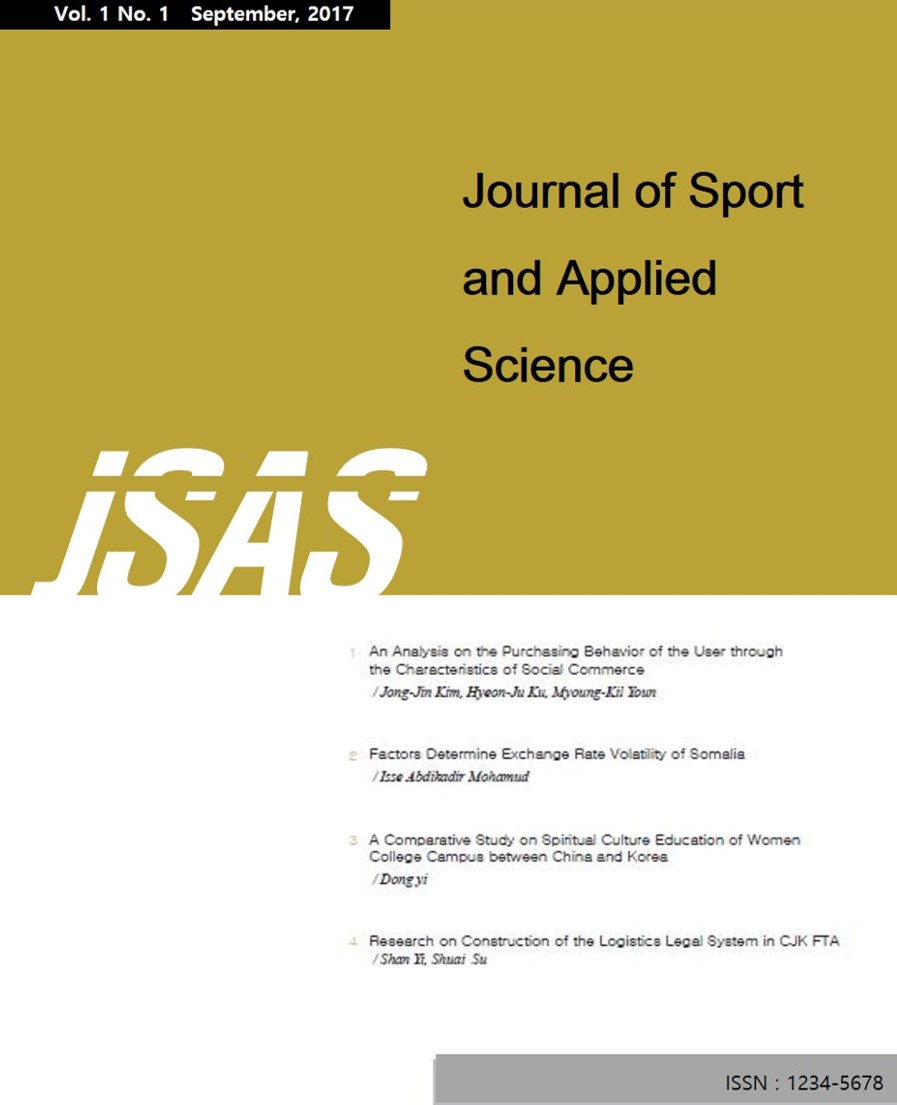 E-ISSN : 2586-6028
E-ISSN : 2586-6028
HUR, Seung Eun
JIN, Su Yeon
MOON, Hwang Woon
Abstract
Purpose: Prior literature posits that leadership of coach influences athletes' performance via delegate interactions. The purpose of this study is to investigate the effect of the type of instructor on the exercise stress of university athletes and to provide instructors with informative coaching methods especially for their leadership. Research design, data, and methodology: In order to achieve the purpose of the research, Seoul and Gyeonggi Province Materials University athletes were selected as a sample, 360 college athletes participated in the survey and data were screened and finally 314 were analyzed. The collected data were analyzed via descriptive analysis and multiple regressions. To examine the validity and reliability of the survey items, factor analysis and Cronbach's α were computed. Results: Coaches' leadership types are found to influence university athletes' exercise stress significantly. In specific, transformational leadership negatively influences teaching Complaints. Transformational leadership also negatively influences time constraints. However, transformational and transactional leadership do not have any effect on career concerns. transformational and transactional leadership also do not influence functional instability of college athletes. Conclusions: Overall, leadership types of coach partially influence exercise stress of athletes. These findings posit that transformational leadership contribute in developing reliable relationship between athletes and instructors. Further implications were discussed.
- keywords
- leadership type, exercise stress, university athletes
- Downloaded
- Viewed
- 0KCI Citations
- 0WOS Citations













